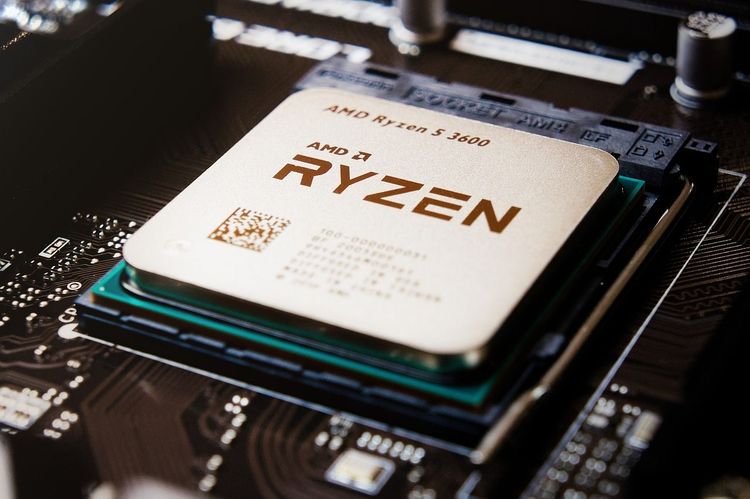Microsoft, a key partner of OpenAI, is taking steps to ensure it remains competitive in the generative AI landscape. Today, the company introduced a new method for fine-tuning its Phi-3 small language model without requiring developers to manage their own servers, and it’s initially offered for free.
Fine-tuning is the process of customizing an AI model to enhance its behavior and capabilities for specific applications. Phi-3, unveiled in April, is a 3 billion-parameter model designed as a cost-effective choice for third-party developers looking to build applications. While smaller than many leading models—such as Meta’s Llama 3.1, which has 405 billion parameters—Phi-3 reportedly delivers performance comparable to OpenAI's GPT-3.5, according to Microsoft’s Vice President of Generative AI, Sébastien Bubeck.
The Phi-3 model family consists of six variants with varying parameter counts and context lengths, accommodating inputs ranging from 4,000 to 128,000 tokens. Pricing begins at $0.0003 to $0.0005 per 1,000 input tokens, or $0.3 to $0.9 per million tokens, which positions it competitively against OpenAI's newer GPT-4o mini.
Targeting enterprise use, Phi-3 is equipped with safeguards to mitigate bias and toxicity. Bubeck previously emphasized its adaptability for specific business needs, saying, “You can bring in your data and fine-tune this general model to achieve excellent performance on specialized applications.”
Previously, developers had to set up their own servers via Microsoft Azure or run the model locally to perform fine-tuning. However, Microsoft has now launched a public "Models-as-a-Service" serverless option within its Azure AI development platform. Developers can access Phi-3-small through this serverless endpoint, simplifying the process of AI development.
Phi-3-vision, which can process image inputs, will also be available via a serverless endpoint soon. While these models are accessible through Microsoft’s Azure platform, developers looking to customize their models should consider Phi-3-mini and Phi-3-medium, which support fine-tuning with third-party data for tailored AI experiences.
Microsoft highlights that educational platforms like Khan Academy are already leveraging a fine-tuned Phi-3 model to enhance the performance of their Khanmigo for Teachers, powered by the Azure OpenAI Service.
The advancements in serverless fine-tuning come with a pricing structure for Phi-3-mini-4k-instruct starting at $0.004 per 1,000 tokens ($4 per million tokens), though the pricing for the medium model remains undisclosed.
This move positions Microsoft as a strong competitor in attracting enterprise AI developers, especially in light of OpenAI's recent announcement of free fine-tuning for GPT-4o mini, available up to 2 million tokens per day for specific API users.
With Meta releasing the open-source Llama 3.1 family and Mistral introducing the Mistral Large 2 model—both capable of fine-tuning—it’s evident that the competition to deliver compelling AI solutions for enterprise development is intensifying. AI providers are striving to attract developers with a range of model options, from small to large.







